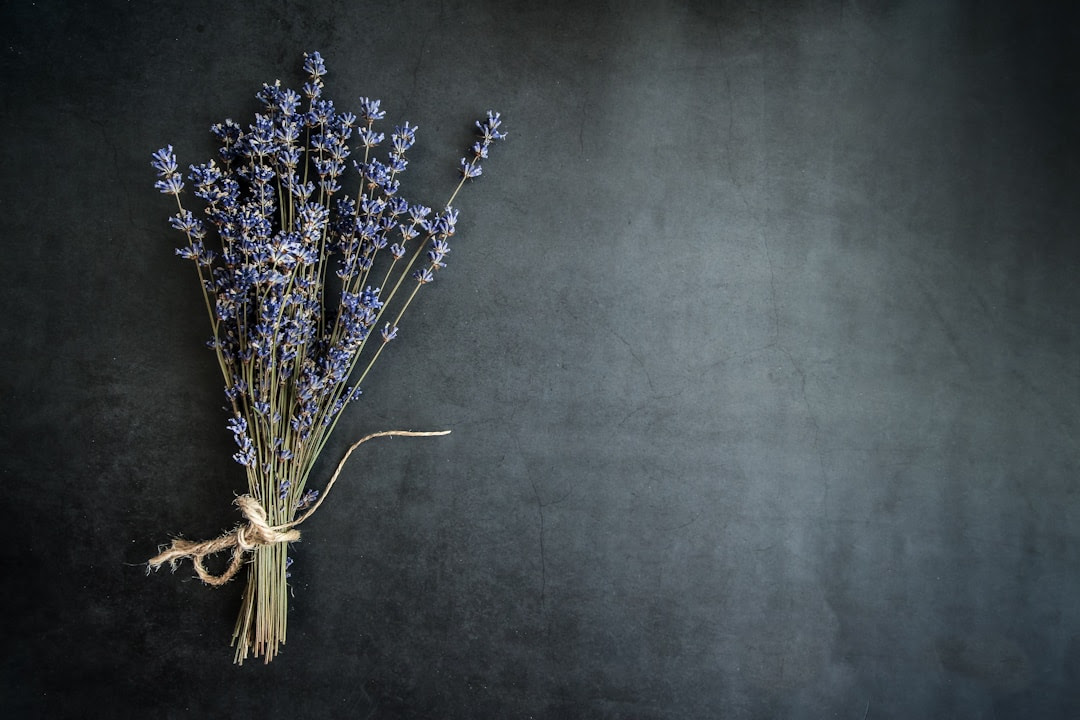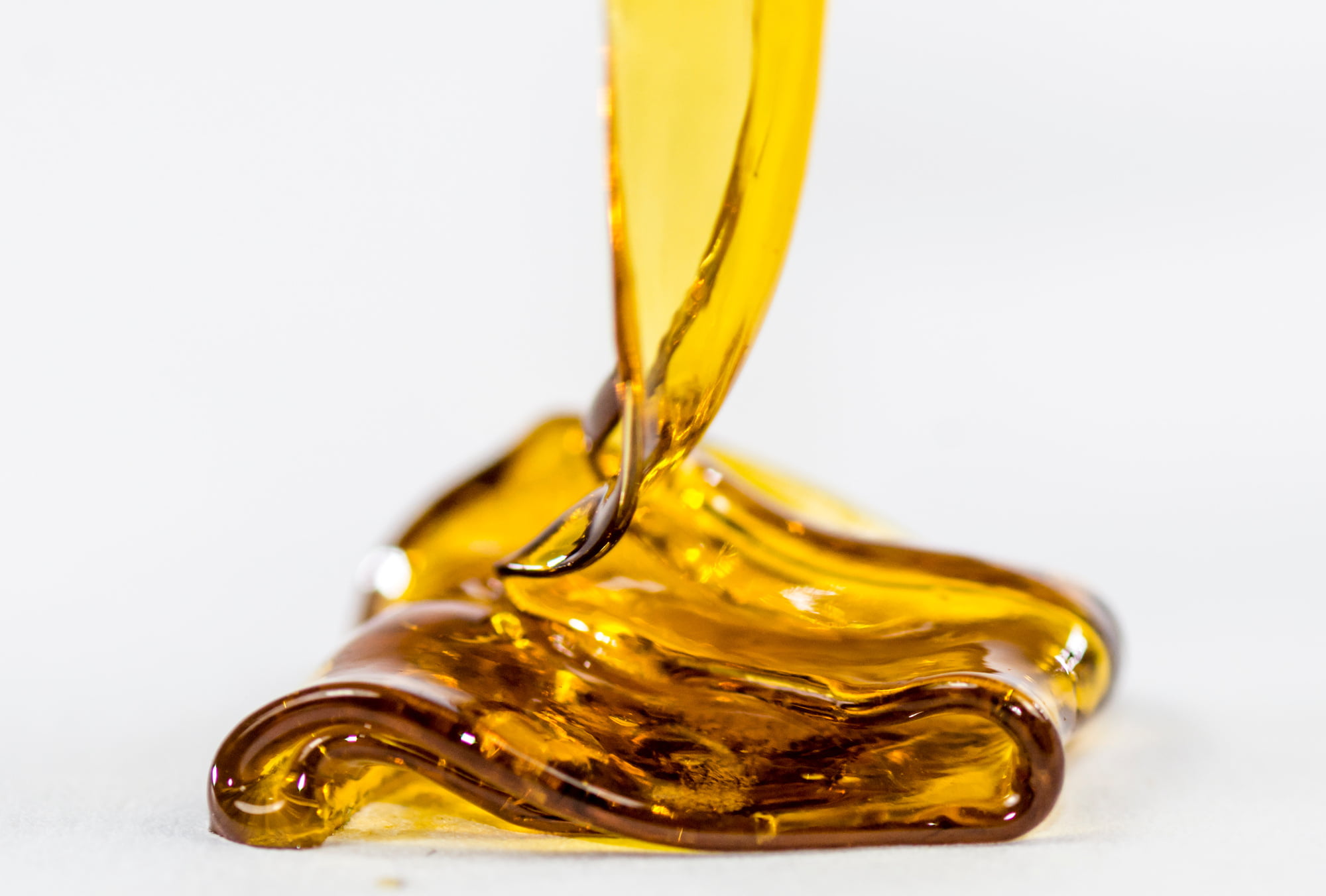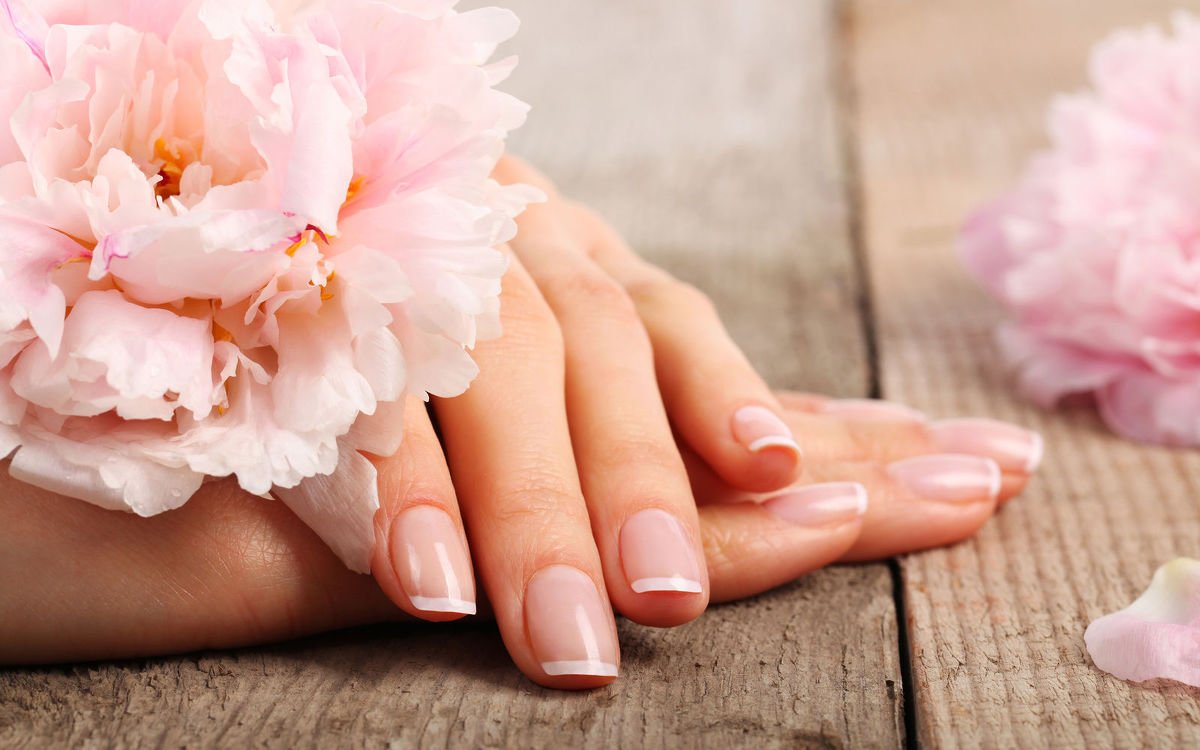
Have you been struggling with sleep issues or a sleep disorder? Perhaps stress has been triggering sleepless nights or maybe you have been battling insomnia for awhile. Sleep deprivation can exacerbate existing health issues, result in fatigue, weaken your immune system and immune function, impact cognitive function, and increase stress, anxiety, and depression. With an increasing range of natural sleep aid options, you don’t need to rely on medications to improve your sleep. From herbal extracts to soothing teas and oils, there are a number of natural, non-prescription remedies that can help ease your sleep problems.
CBD Products
An increasingly popular natural remedy to address symptoms of anxiety and insomnia are CBD-based products. An extract from the hemp plant, CBD is a cannabinoid that affects your endocannabinoid system to relieve symptoms such as nausea or chronic pain, while causing relaxation and drowsiness. CBD extracts contain only trace amounts of THC, meaning that they offer all the potential benefits of hemp without the negative side effects, such as a psychoactive reaction. Whether you use topicals, CBD oils, or tinctures, or prefer edibles such as gummies, CBD has the potential to help you relax and improve your quality of sleep. To help ease insomnia, you may explore uses of CBD for sleep, which combine the nourishing power of hemp extract with Gamma Aminobutyric Acid (GABA). Incorporate this supplement into your nightly routine to overcome poor sleep and improve your overall wellness.
Melatonin
Melatonin sleep aids have emerged over the last several years as a popular way to help you get a good night’s sleep. In order to maximize this supplement’s benefits, it’s important to understand how a melatonin sleep aid works. Your body naturally produces melatonin and the levels rise during the evening time to help promote sleep. Whether you’re dealing with insomnia, are wanting to combat jet lag when you travel, or are simply wanting to overcome poor sleep, you can supplement your body’s melatonin supply by taking additional capsules. Take a one to three milligram dosage two hours before your bedtime. After this time, reduce your use of technology such as your computer and smart phone and turn off bright overhead lights, which can neutralize the effects of melatonin. By enhancing the benefits of your naturally-produced melatonin, you may sleep more deeply with fewer interruptions.Chamomile
There are a number of natural solutions, including herbal teas that use natural ingredients, which will help you unwind before bedtime. Drinking a warm cup of tea at night can be extremely soothing and help you get a good night’s rest. Chamomile tea has been used as a remedy for inflammation and insomnia for a long time, and is even considered as a sleep inducer. This herb that comes from a daisy-like flower is rich in an antioxidant called apigenin, which is thought to bind to receptors in your brain to reduce anxiety and help you fall asleep. While insufficient research exists to prove the tangible impact of chamomile on your sleep, brew yourself a cup before going to bed and enjoy the calming effects.
Magnesium
A highly important mineral to the functioning of the body, magnesium is important for your brain function and may be helpful at quieting the mind and calming the body, leading to more restful sleep. Part of the explanation behind this is magnesium’s ability to regulate the production of melatonin. Magnesium is also thought to relax the muscles and induce sleep. By taking daily doses of magnesium supplements, you can enhance these effects and optimize the quality of your sleep.
Lavender









